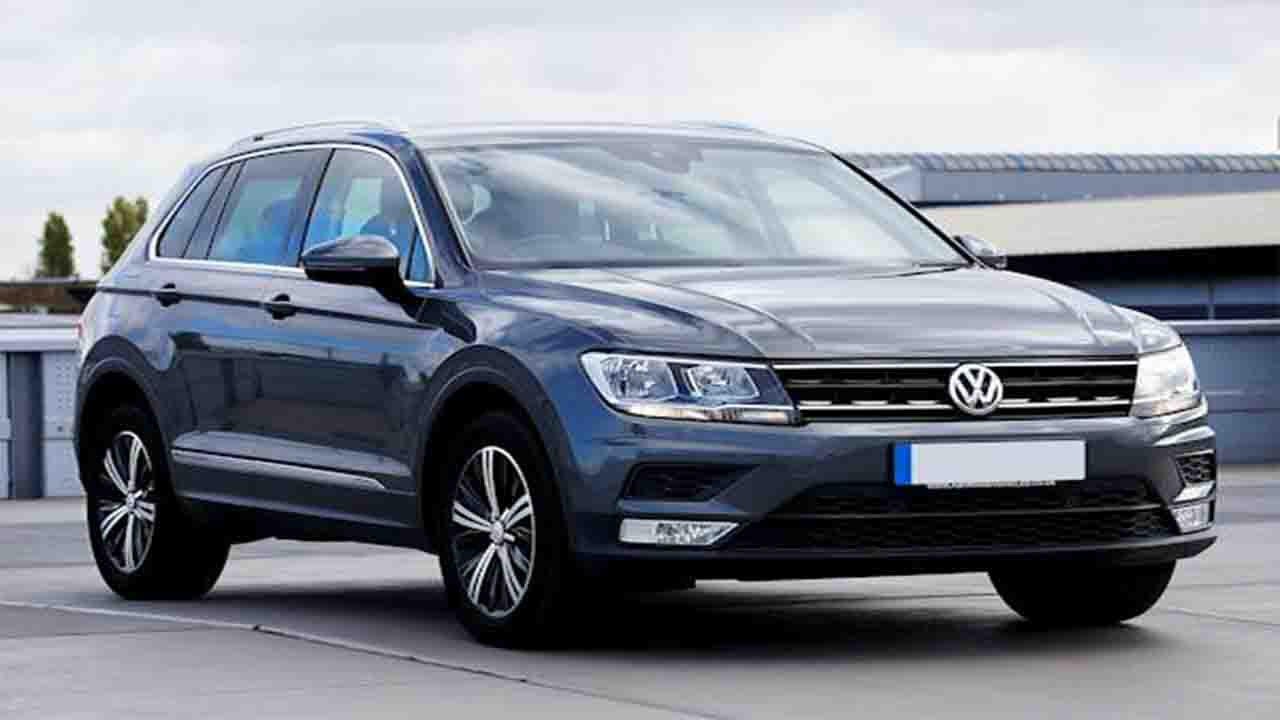UK (commonwealth) _The delivery of thousands of cars that have been delayed at American ports because of a customs issue is expected to be resolved by the end of March, according to a statement made by Volkswagen.
A Chinese subcomponent violated anti-forced labor laws, according to a Financial Times story published on Wednesday. As a result, customs officials seized approximately 1,000 Porsche sports cars and SUVs, several hundred Bentleys, and several thousand Audi vehicles at U.S. ports. Volkswagen stated via email that a small electrical component was the cause of the problem and that it is being replaced as parts are received.
Although the length of the vehicles’ delay was unclear, the Financial Times reported that the issue was identified in mid-January. According to VW spokesman Dirk Ameer, individual clients may see a delay until the end of March. VW stated that it takes claims of human rights abuses extremely seriously and that, should a major breach be verified, it may terminate a supplier contract.
A large number of Porsche, Bentley, and Audi automobiles have been seized in US ports following the discovery by a supplier to parent company Volkswagen of a Chinese subcomponent that violated rules against forced labor. Two sources with knowledge of the situation claim that the automaker has put off delivery of the cars until the end of March in order to repair an electrical component that was discovered to have originated in “western China.”
The individuals emphasized that until the supplier informed VW of the problem, VW was unaware of the part’s origin, which was supplied via an indirect supplier farther down its supply chain. They also said that as soon as VW learned where the part originated, it contacted US officials. Under the Uyghur Forced Labor Prevention Act of 2021, the US forbids the importation of goods that were produced using forced labor in the western Xinjiang region and other parts of China.
The individuals declined to disclose if the disputed portion was made in Xinjiang. Following the release of new claims of forced labor in German media, VW also said yesterday that it will talk with its Chinese joint venture partner SAIC about “the future direction of business” in the Xinjiang province.
The majority of imports from western China’s Xinjiang region have been prohibited by the US unless the firms can provide concrete evidence that no forced labor was used during manufacturing. For years, human rights advocates have charged Beijing with carrying out a violent crackdown on Uyghurs and other Muslim minorities in Xinjiang, including the use of forced labor and internment camps. Beijing refutes the abuse claims.
For Volkswagen, which has long been dogged by concerns about its manufacturing in the area, run by its local partner SAIC, the subject of forced labor is extremely sensitive.
Following a report by the Handelsblatt daily suggesting that forced labor may have been employed to construct a test track in Turpan, Xinjiang, and Volkswagen said earlier on Wednesday that it was debating the future of its operations in the difficult region of Xinjiang, China.
VW stated that while it had not found any proof of human rights abuses related to the project, it would nonetheless look into any fresh information that surfaced.
Imported automobiles are subject to air pollution control standards under the Clean Air Act of 1968, as modified in 1977 and 1990, bumper standards according to the Motor Vehicle Information and Cost Savings Act of 1972, which went into effect in 1978, as well as safety standards within the Motor Vehicle Safety Act of 1966, revised according to the Imported Vehicle Safety Compliance Act of 1988.
When automobiles made overseas meet American safety, bumper, and emission regulations, it’s because they’re exported to be sold in the US. It is therefore improbable that a car purchased overseas satisfies all applicable requirements. If a foreign dealer or any seller tells you that a car satisfies these requirements or can be easily brought into conformity, you should seriously doubt their statements. If a car enters the country without meeting American safety regulations, it must be destroyed, exported, or brought into conformity.








